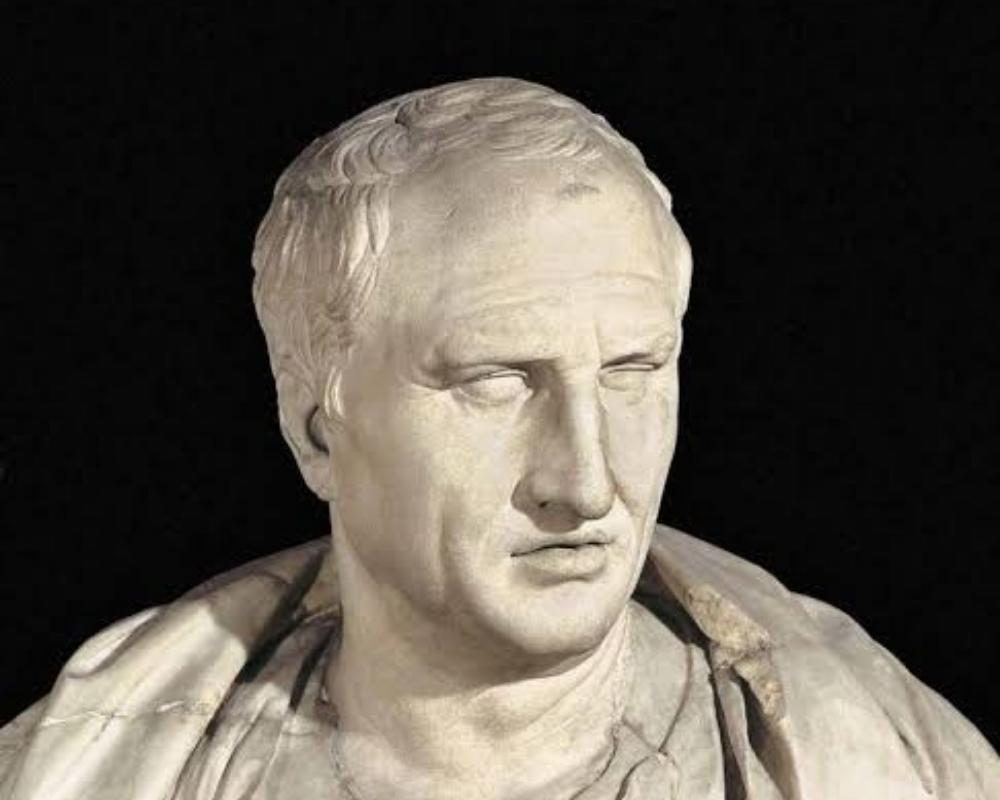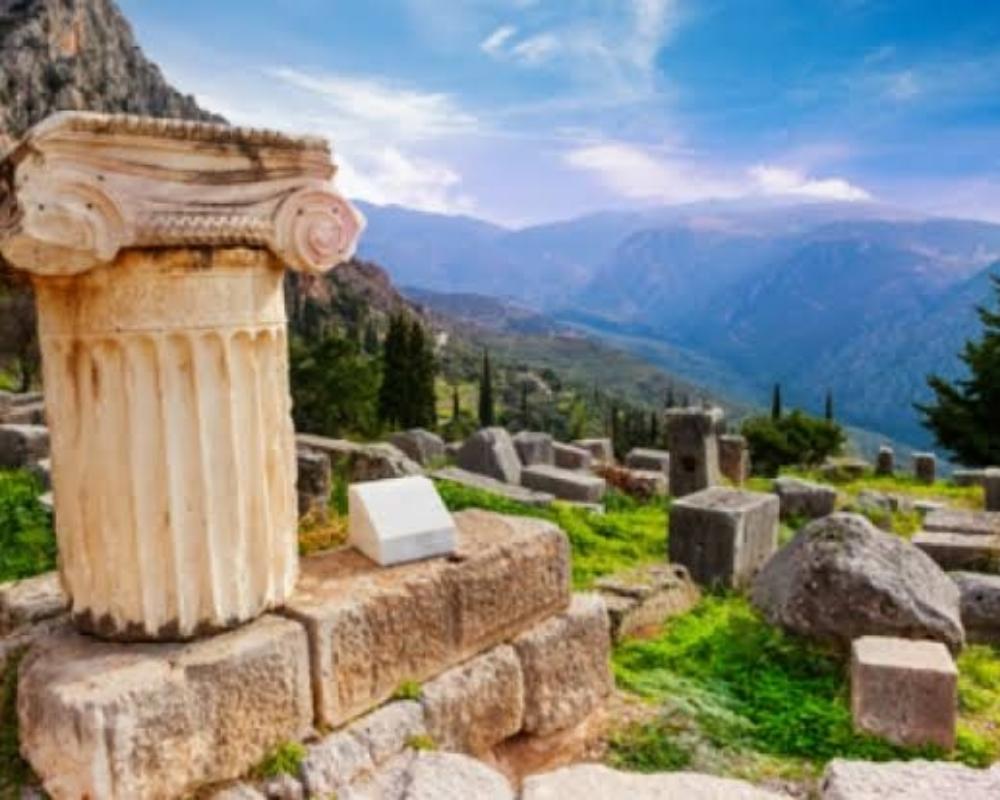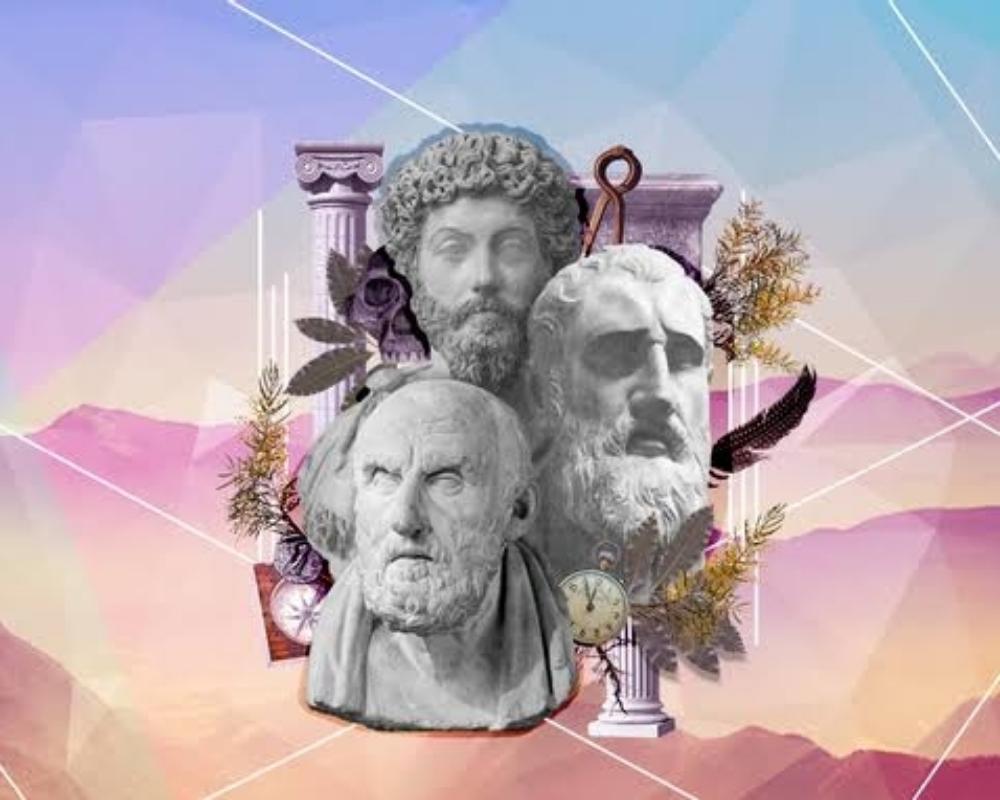STOICISM IN 5 MINUTES: KEY CONCEPTS
Ideas, facts & insights covering these topics:
14 ideas
·18.4K reads
103
6
Explore the World's Best Ideas
Join today and uncover 100+ curated journeys from 50+ topics. Unlock access to our mobile app with extensive features.
Stoicism in 5 Minutes: Key Concepts
Stoicism is a philosophy that encourages individuals to cultivate a sense of inner peace and resilience, by focusing on personal virtue, reason, and self-control.
141
2.29K reads
1. Virtue as the Highest Good
• The highest good is the cultivation of personal virtue, or moral excellence.
• The goal of human life is to live in accordance with nature, and that the key to achieving this goal is to develop virtue.
• Four cardinal virtues - wisdom, courage, justice, and moderation. Wisdom involves using reason to make sound judgments and decisions. Courage involves facing difficult situations with fortitude and determination. Justice involves treating others fairly and equitably. Moderation involves exercising self-control and avoiding excess.
154
1.87K reads
I say that virtue is more valuable than wealth to the same degree that eyes are more valuable than fingernails.
EPICTETUS
127
2.21K reads
2. Reason as the Guiding Principle
• Reason should guide all aspects of life, including decision-making, emotions, and behavior.
• Stoics saw reason as the source of wisdom and the key to living a fulfilling and meaningful life. They believed that by using reason to guide our actions and attitudes, we can achieve inner peace, happiness, and a sense of purpose.
130
1.51K reads
3. Acceptance of Fate
• Everything in the universe is governed by a rational and providential order, often referred to as "the logos" which determines the events and outcomes of our lives.
• We should accept and embrace the events that occur in our lives, whether favorable or unfavorable; for resistance or being upset by things that are beyond our control only leads to unnecessary suffering and distress.
• Accepting fate does not mean resigning ourselves to inaction but rather focusing our efforts on what is within our control and responding to events with wisdom and virtue.
128
1.18K reads
Don’t seek for everything to happen as you wish it would, but rather wish that everything happens as it actually will — then your life will flow well.
EPICTETUS
134
1.17K reads
4. Detachment from External Events
• Individuals should cultivate a sense of detachment from external events and focus instead on their own inner state on oachieve a greater sense of peace and equanimity.
• Our emotions and reactions should not be dictated by external events but rather by our own rational judgments.
• Pursuit of external things such as wealth, power, or pleasure can never bring lasting happiness, as they are ultimately outside of our control and subject to change.
138
1.15K reads
You have power over your mind, not outside events. Realize this and you will find strength. Marcus aurelius
MARCUS AURELIUS
148
1.12K reads
5. Control of Emotions
• Emotions are an important aspect of human experience but it can be a source of great distress and can lead us astray from the path of virtue.
• Emotions are a result of our judgments about events and situations, rather than the events themselves.
• By cultivating a rational mindset and focusing on what is within our control, we develop greater emotional resilience and equanimity.
• Negative visualization or imagining the worst-case scenarios: By contemplating the worst possible outcomes, we can prepare ourselves mentally and emotionally for adversity and develop greater emotional resilience.
136
1.11K reads
Keep this thought handy when you feel a fit of rage coming on–it isn’t manly to be enraged. Rather, gentleness and civility are more human, and therefore manlier. A real man doesn’t give way to anger and discontent, and such a person has strength, courage, and endurance–unlike the angry and complaining. The nearer a man comes to a calm mind, the closer he is to strength.
MARCUS AURELIUS
119
818 reads
6. Living in Harmony with Nature
• Everything in the natural world was interconnected, and that our own lives were part of this interconnected web which includes acceptance of cycles of life and death, thus we should not resist or try to control them.
• We should view ourselves as citizens of the world, rather than just members of our own community or society.
• By recognizing our connection to all living things, we could cultivate a sense of empathy and compassion for others and work towards the common good.
126
931 reads
We are members of one great body, planted by nature … We must consider that we were born for the good of the whole.
SENECA
103
800 reads
Compendium
At its core, Stoicism teaches that the ultimate goal of life is to achieve a state of tranquility and freedom from suffering. This can be achieved by living in accordance with reason and virtue, and by cultivating a sense of detachment from external events. The Stoics believed that individuals should focus on their own inner state, rather than external circumstances, and should strive to cultivate inner peace and equanimity in the face of life's challenges.
133
982 reads
IDEAS CURATED BY
Similar ideas
Read & Learn
20x Faster
without
deepstash
with
deepstash
with
deepstash
Personalized microlearning
—
100+ Learning Journeys
—
Access to 200,000+ ideas
—
Access to the mobile app
—
Unlimited idea saving
—
—
Unlimited history
—
—
Unlimited listening to ideas
—
—
Downloading & offline access
—
—
Supercharge your mind with one idea per day
Enter your email and spend 1 minute every day to learn something new.
I agree to receive email updates














